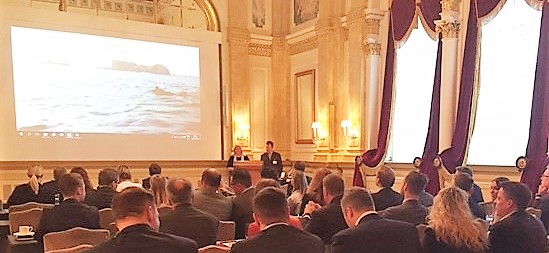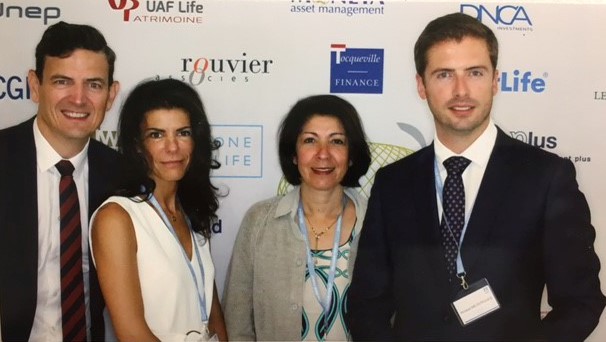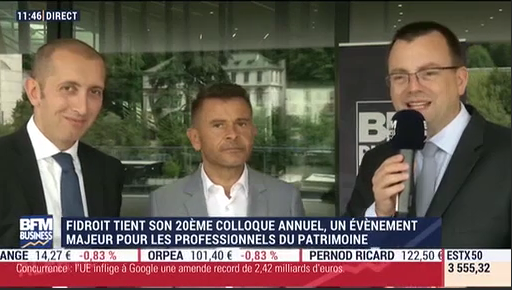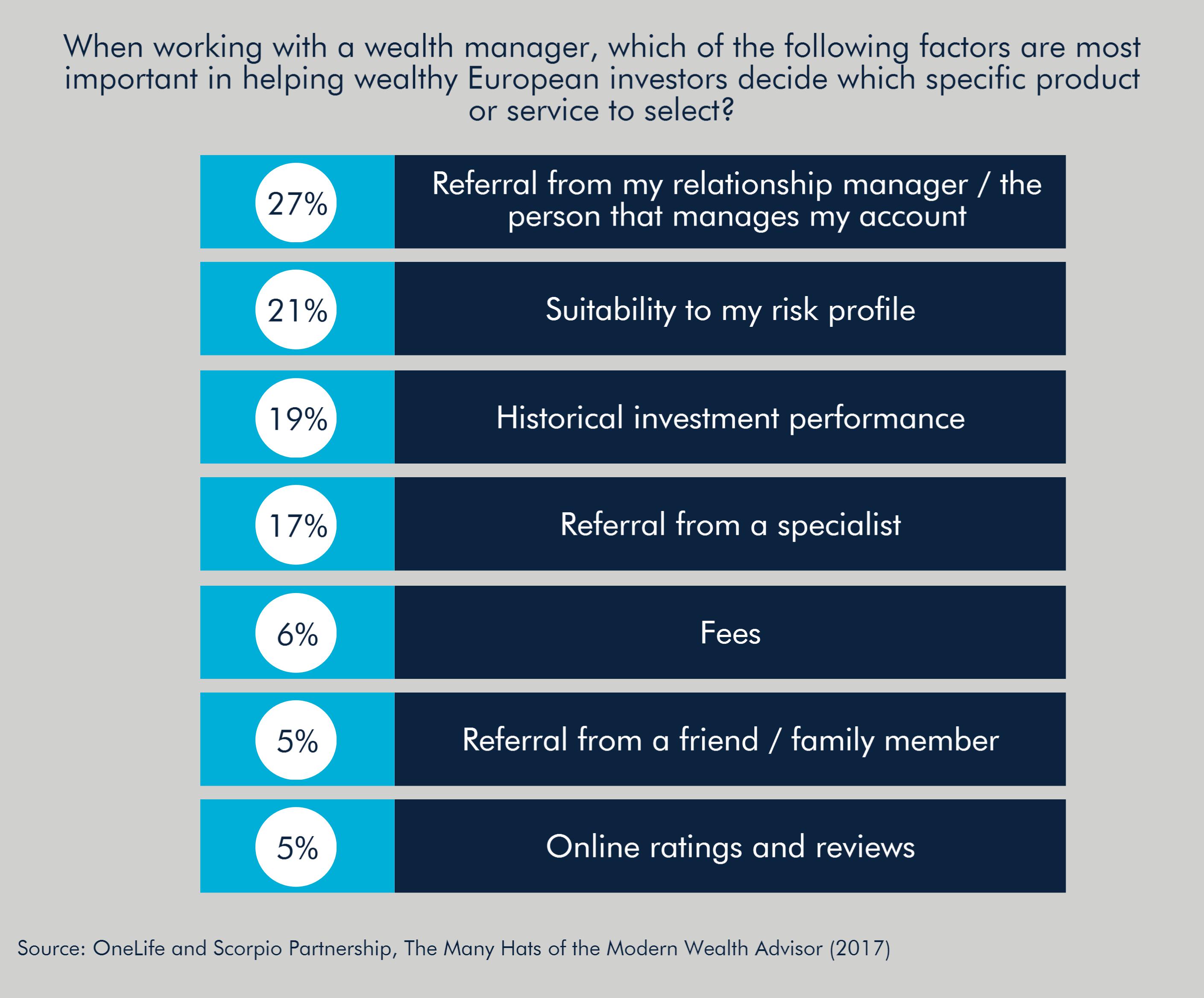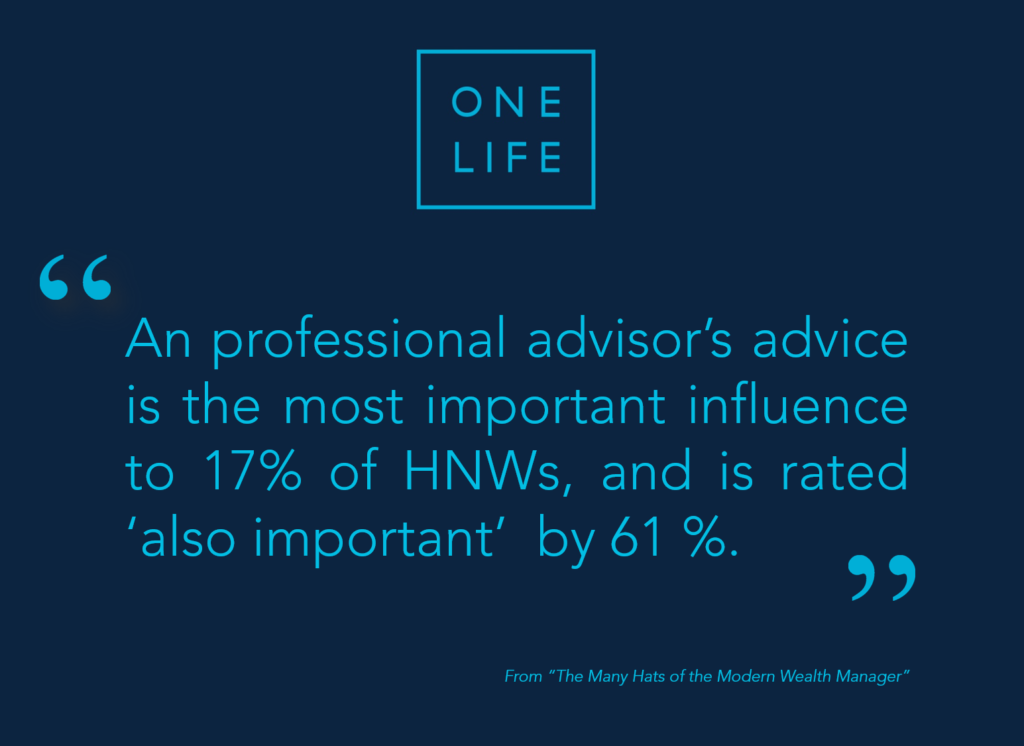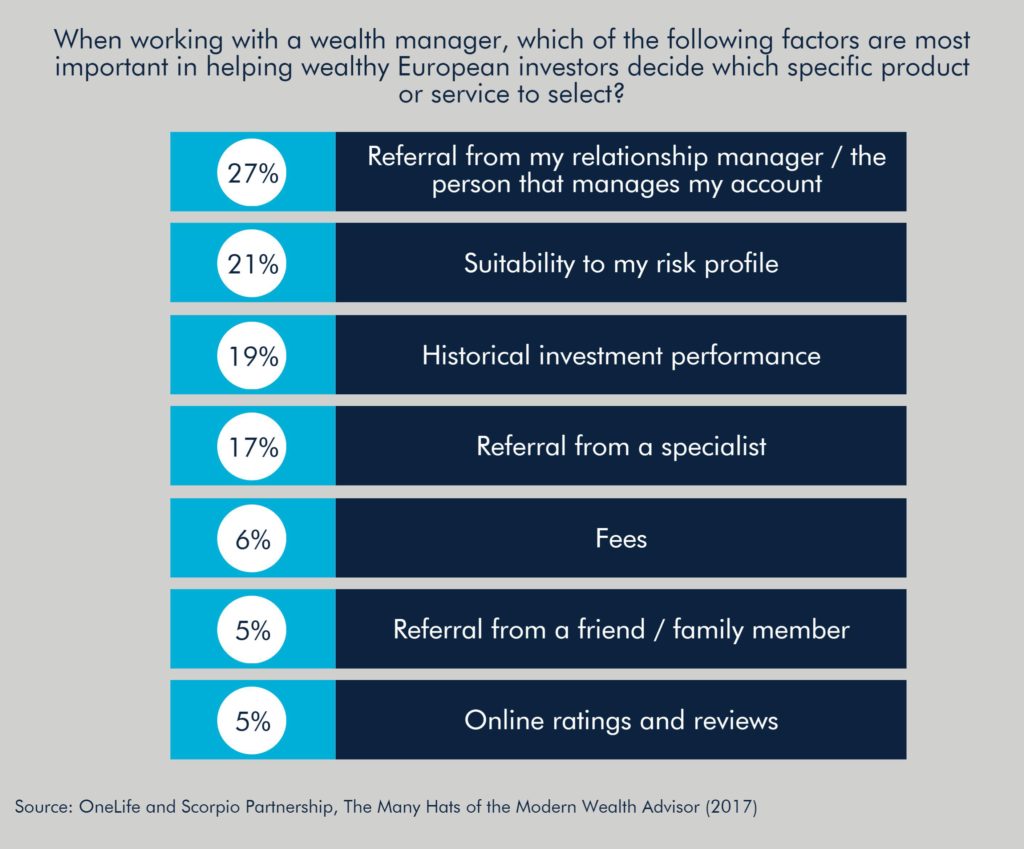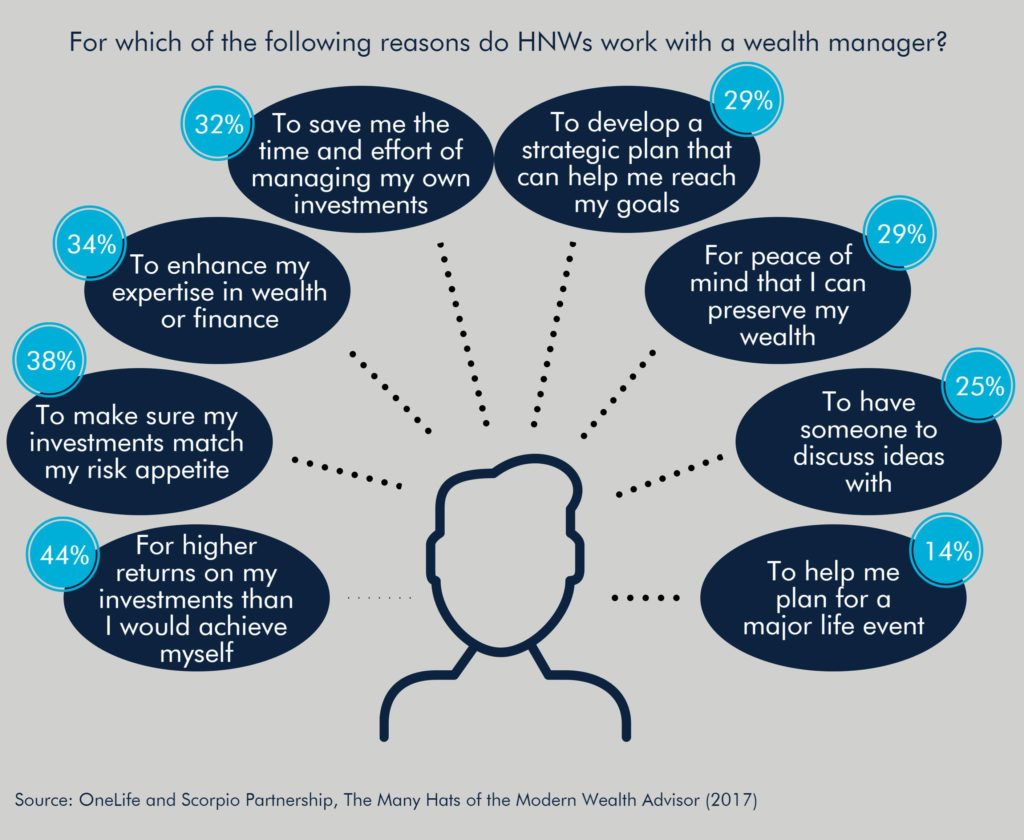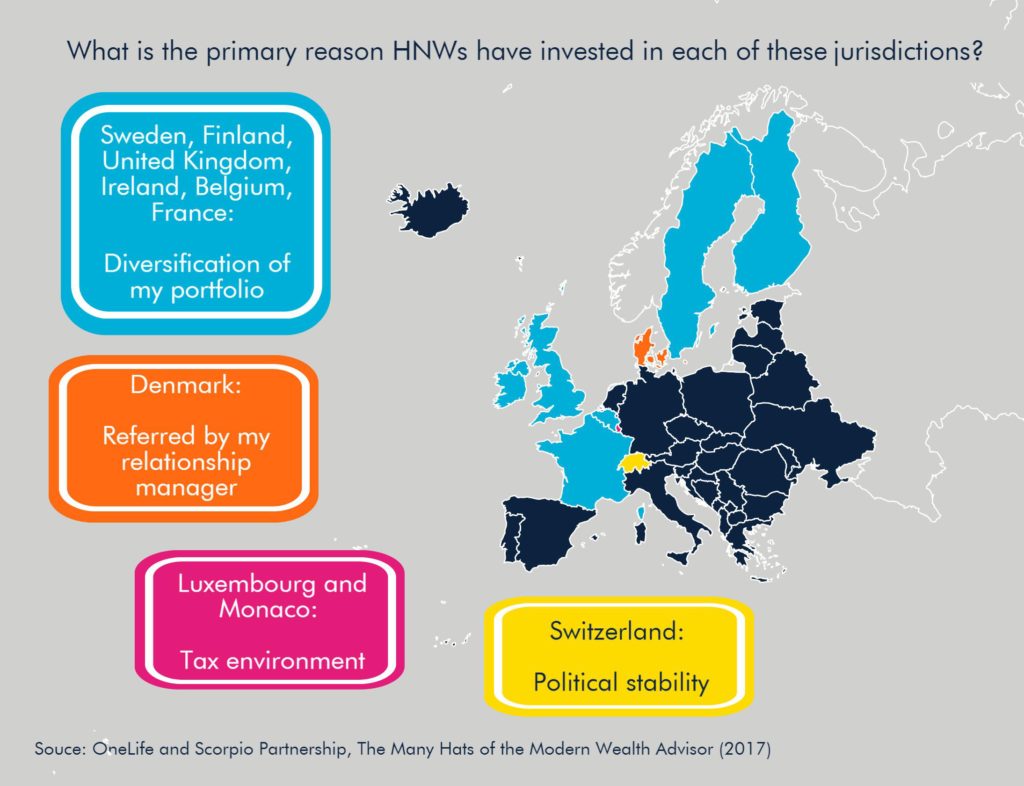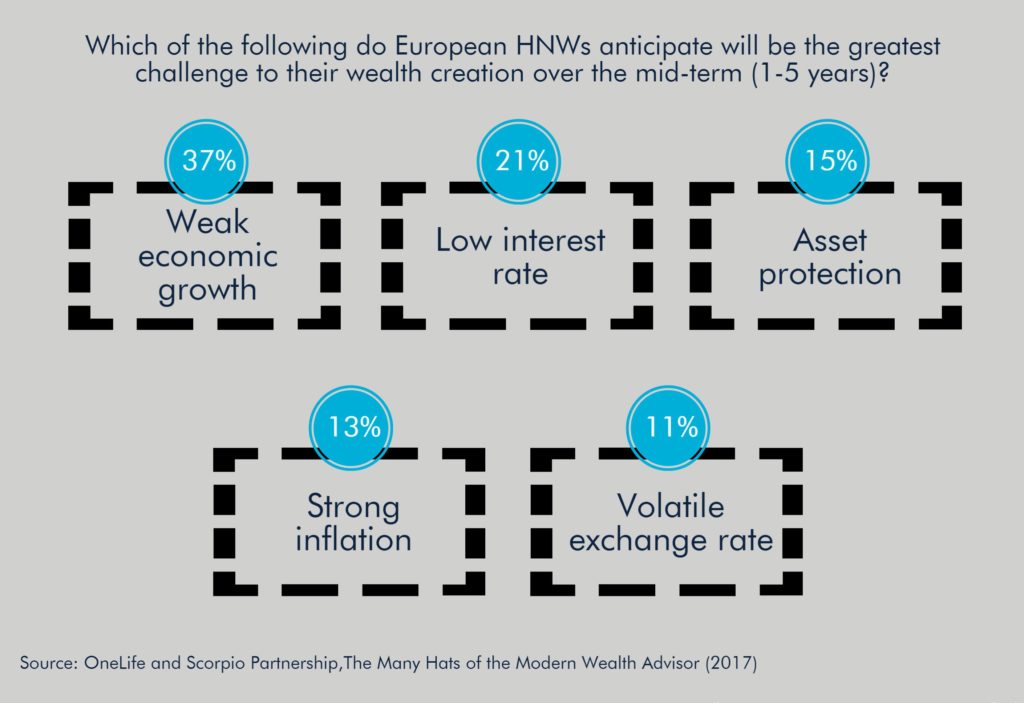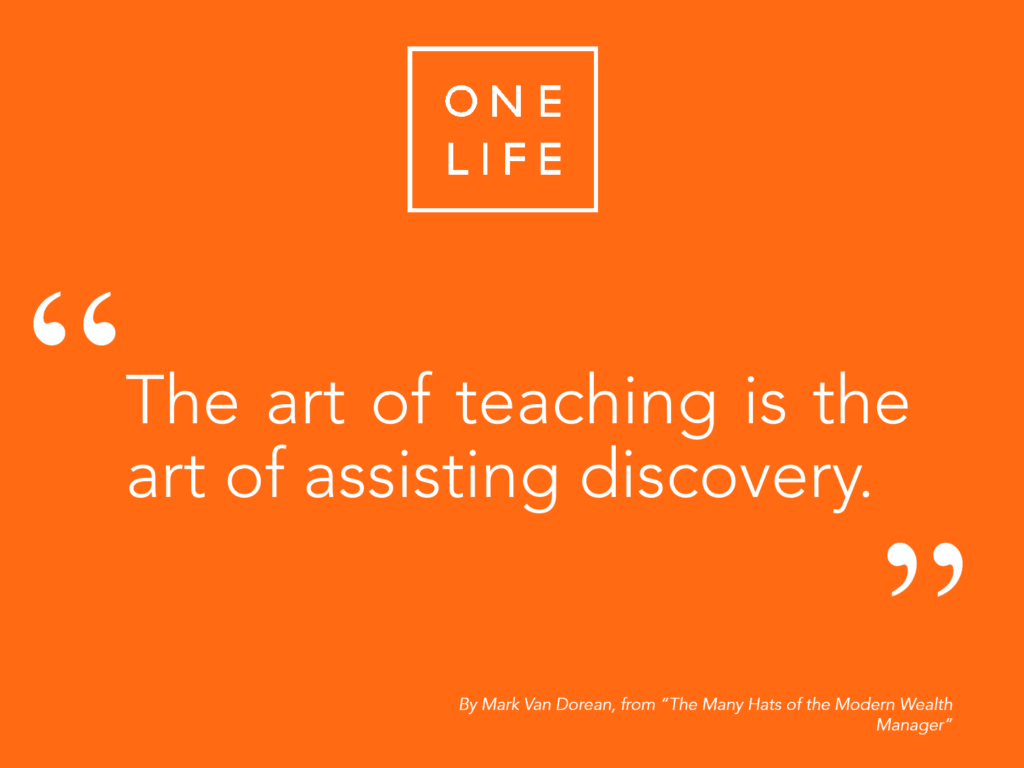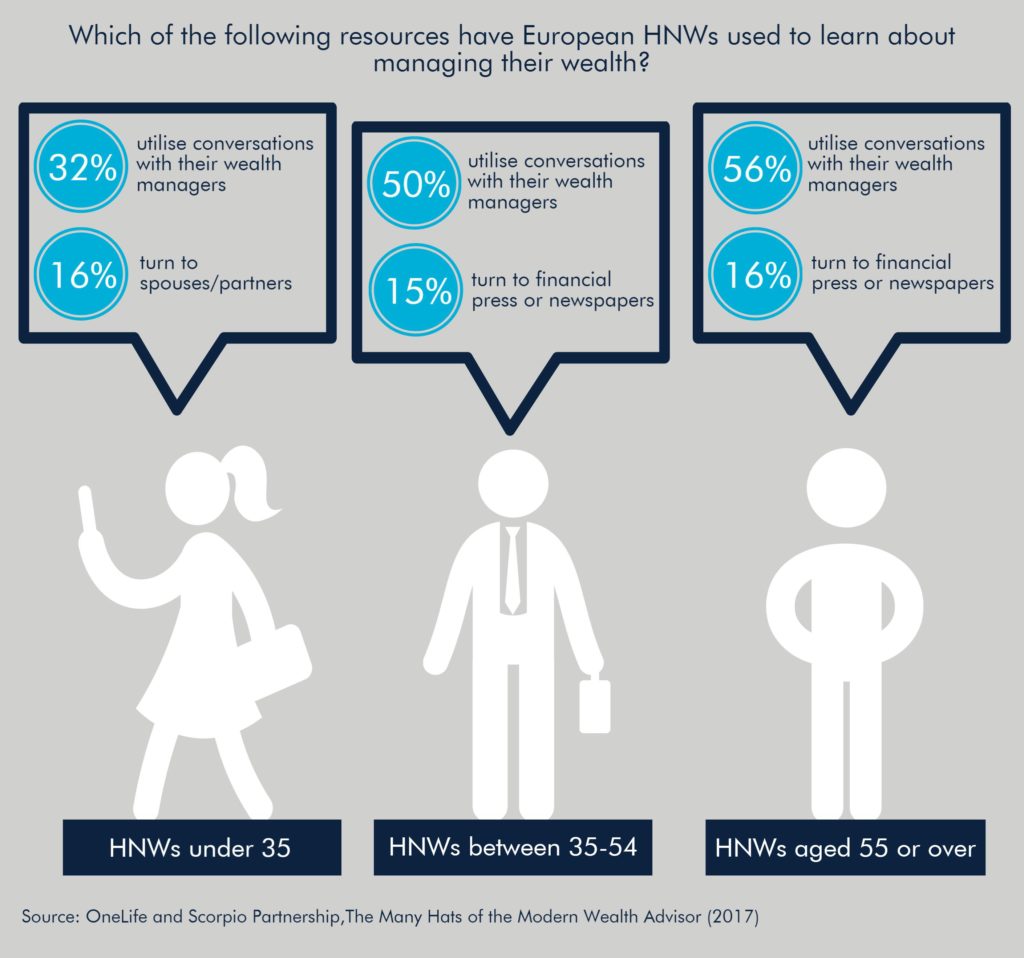Like a long-awaited sequel to a lacklustre premiere, the second Finance Bill for the year (Finance Bill 2017-2019) was published on 8 September, to little surprise. Much of its content was present in the Spring Budget, but delayed because of the June general election.
The bill is expected to be enacted by Parliament before the Christmas recess and will be known as the Finance (2) Act 2017. New rules (which by now are familiar to most advisers) affecting UK-resident non-domiciled individuals, familiarly non-doms, will have retrospective effect from 6 April 2017.
Deemed Domicile rule
Most notably, the bill has reduced the time threshold for acquiring deemed domicile status. Long term non-doms who have been in the UK for 15 of the previous 20 years will now be deemed domiciled for ALL tax purposes. They will lose the benefit of the remittance basis option for income and capital gains and be taxed under the same regime as a UK resident and domiciled person.
In addition, individuals who were born in the UK with a UK domicile of origin, but that at some point acquired a domicile of choice elsewhere, will be prevented from claiming non-domiciled status if they return to live in the UK.
Deemed domicile status will cease after four consecutive tax years of non-residence. However, individuals who wish to return to the UK at some point and restart the clock will need to remain a non-resident for six consecutive years.
This measure is a clear signal by the government of its intention to close the gap between the benefits available under the non-domicile taxation regime and the situation of UK resident and domiciled individuals.

Transitional relief
Rebasing
In the light of the new deemed domicile rules, the bill offers some transitional relief to non-doms. Individuals who become deemed domiciled for capital gains (CGT) and Income tax from 6 April 2017 will be able to rebase the value of their non-UK assets at that date, provided they have paid the remittance basis charge at least once since its inception in 2008. They will also be able to remit tax-free any gains realised on these non-UK assets after 6 April, as long as the gains are attributable to a period before this date.
Mixed Funds
The bill also offers remittance basis users a two-year exemption from the mixed fund rules to enable them to segregate their capital from the income and gains in their bank accounts. This will facilitate greater certainty around taxation, as well as provide clean capital with which to invest in the future.
Offshore trusts
The bill confirms that excluded property trusts set up before a non-dom acquires deemed domicile status will continue to be outside the UK’s inheritance tax (IHT) net. In addition, settlors of these trusts will be protected from the attribution rules on income and CGT as long as certain conditions are met. As a result, these assets will not give rise to a tax liability unless they are made available to a UK resident.
Personal portfolio bonds
The personal portfolio bond (PPB) rules contained in section 520 of ITTOIA 2005 have been amended slightly. These rules are designed to prevent UK residents avoiding taxation on personal assets by placing them in a life assurance policy by restricting the classes of investment that can be placed in a policy. The bill adds three additional classes of investment which may be held by life policies without falling foul of the UK’s onerous anti-avoidance legislation and incurring what is known as a PPB tax charge.
Inheritance tax on residential property
From 6 April, any UK residential property held by an offshore company or trust will be subject to IHT.
Conclusion
Whilst the removal of the remittance basis option means more rain in the weather forecast for the non-doms, the good news is that prudent planning can now proceed under the umbrella of tax certainty.
With these legislative changes combining with the uncertainty engendered by Brexit, non-doms can take comfort in the favourable planning options that remain available to them and that offer the same protection as before, such as excluded property trusts and life assurance products.
To learn more, please contact Paul Pugh. Article by Stacy Lake.
The contents of this newsletter are subject to the restrictions and legal provisions indicated on OneLife’s website.



